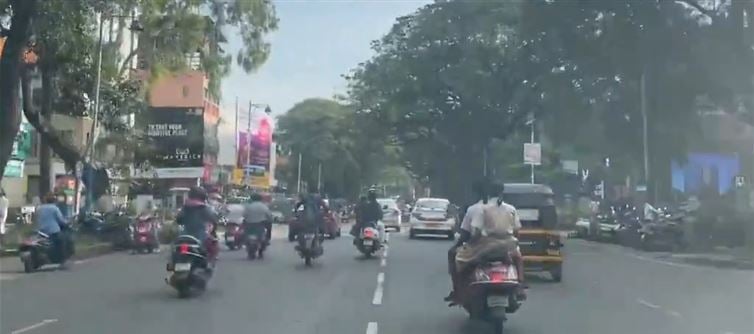
Yet the story takes a darker turn. Despite their success, Recondo was never awarded another contract. Their “crime” was simple—they built something that lasted. In an ecosystem where politicians, contractors, and bureaucrats thrive on the endless cycle of repairs, tenders, and inflated bills, a durable road is bad for business. When a road doesn’t break, there’s no scope for fake repair work, no justification for repeated contracts, and no steady stream of funds to siphon off. Quality becomes the enemy of corruption, and those who deliver it are quietly pushed out of the system.
This tale is not just about one road in Pune—it’s about the rot in public works across the country. The absence of accountability and the greed for easy money ensure that most roads are built to fail, keeping the repair economy alive. Citizens are left navigating dangerous, broken stretches while funds meant for development vanish into private pockets. The Junglee Maharaj Road stands as both an inspiration and an indictment—proof that lasting solutions are possible, but also a reminder that vested interests would rather let the public suffer than lose their cut from the pothole business.




 click and follow Indiaherald WhatsApp channel
click and follow Indiaherald WhatsApp channel